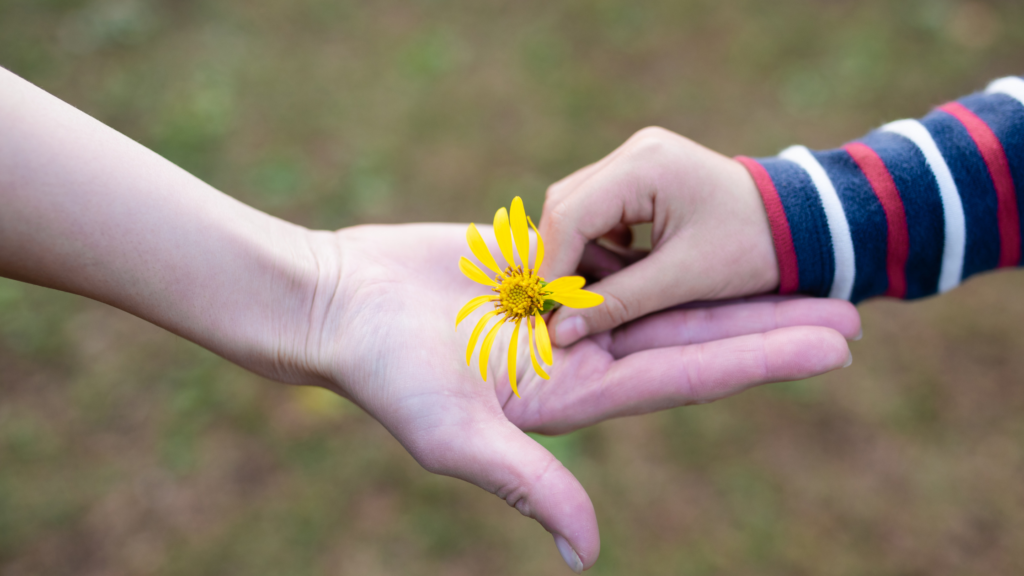What lies beyond our expectations
A foundational element of Conscious Parenting is witnessing and holding space for our children exactly as they are. It means seeing and acknowledging their true essence without needing to change them based on our own projection of who we think they should be.
Perhaps when you look back at the planning stages of pregnancy or when your child was just a newborn you’re able to look back at the expectations you held for your child. Did you imagine them being an athlete? A scholar? Socially-liked? It can be normal to go into a fantasy of what our children will bring into our lives. These expectations can then easily become our own projections of what we want our children to become.
Conscious Parenting asks us to become aware of these projections because what they really do is rob our children of their true self. This doesn’t mean you let your children do whatever they want, but instead asks whether what you are expecting of them is coming from a basic survival and human need or whether it’s something else like a societal pressure, our own fantasy of what should be, or an expectation that was placed on us when we ourselves were growing up.
Our children feel these expectations even when they are not outright expressed. This can lead to feelings of anxiety, frustration, rebelling, not listening, an internalized state that says they are not good enough, etc.
Now when we talk about expectations placed on neurodiverse individuals these grow tenfold (and unfortunately so do rates of anxiety disorders within these communities based on various studies and anecdotal experience from nuerodiverse adults) . The messaging can be do just as everyone else. Be like everyone else. Acknowledging and working on lagging skills is important, but we must also acknowledge and distinguish between lagging skills and an invisible disability. We must also acknowledge the uniqueness of an individual and allow them to express themselves and hold space for that expression.
In other words, a lot of this process is getting curious about your children, being present with them, actively listening and tuning in without interjecting our own expectations, and stepping out the way. Can you identify where you can release control so your child be themselves and where there is a need to change their behavior so that you feel more comfortable? Can you allow yourself to be uncomfortable in the moments and sit with your own feelings? All of this is a practice that ultimately helps us connect to ourselves and our children better.
